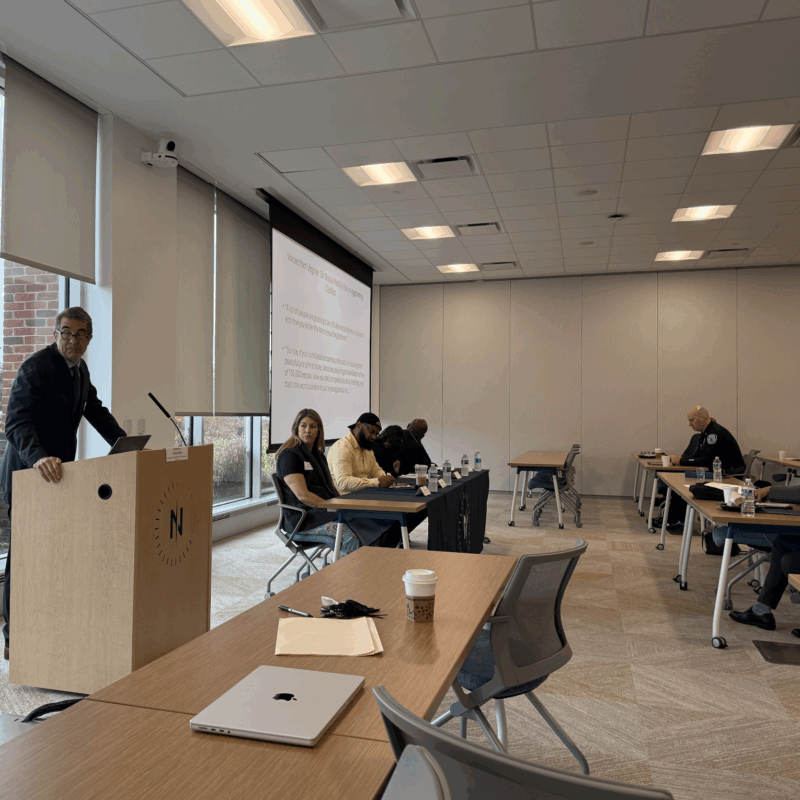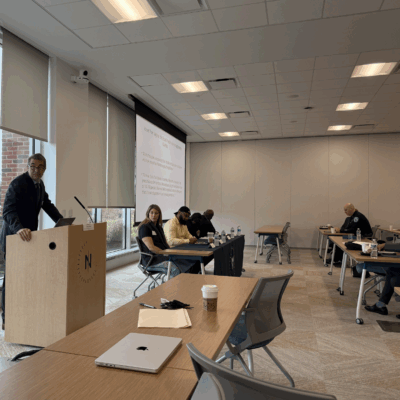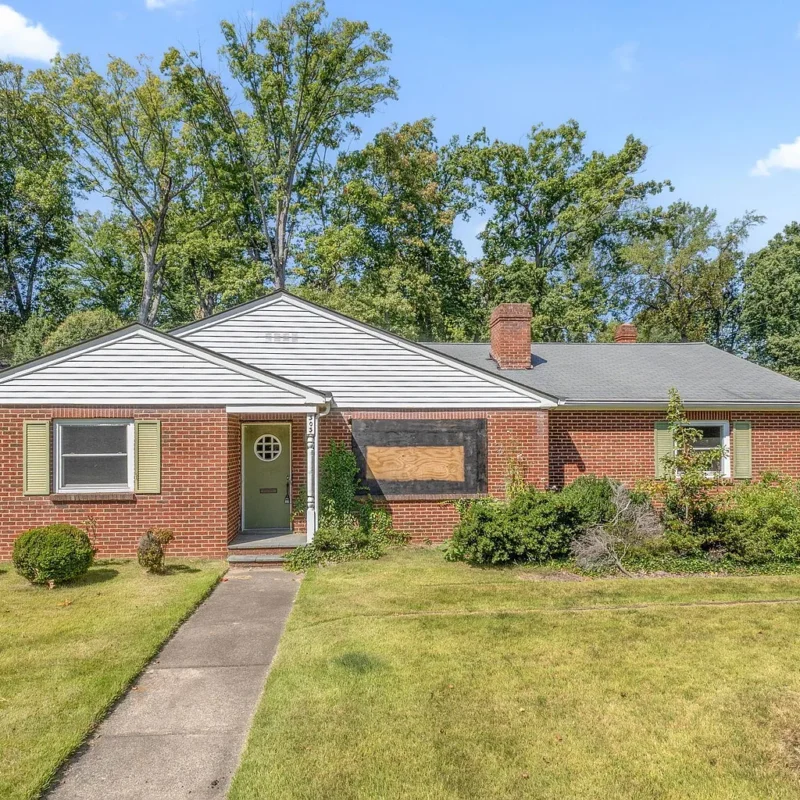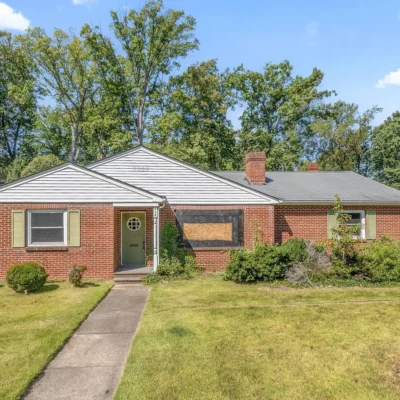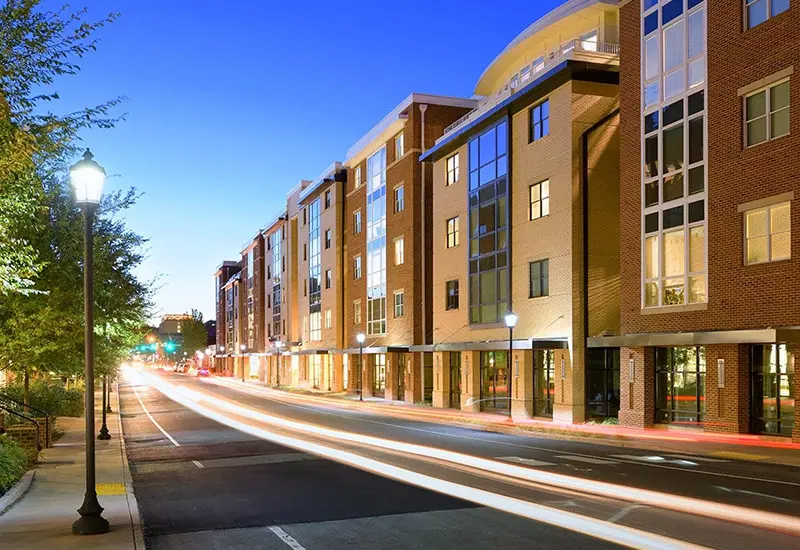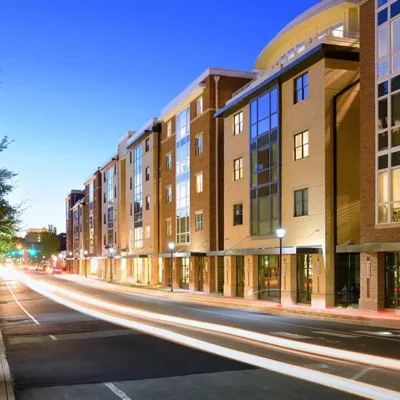 |
On June 2, three candidates for City Council will be selected at the Democratic Nominating Convention from a field of five. Only one is an incumbent, Mayor David Brown. As no Republicans are likely to even run for a seat, the three who emerge victorious are almost guaranteed their place on Charlottesville’s governing body—though Peter Kleeman is hoping to mount an independent challenge. Here are the candidates and why they want a chance to guide our city for the next four years. And if you want a say in who they are, you best make it out to Charlottesville High School’s MLK Jr. Performing Art Center on Saturday by 1pm.
David Brown
As a one-term city councilor, Mayor David Brown enacted a number of changes over the last four years. One area he stresses is the environment, with the Council passing a stream protection ordinance, a steep slopes ordinance and the signing of a mayor’s agreement on climate change. He also calls attention to his efforts “to make what we do more open and transparent,” which included starting their meetings earlier, holding more work sessions, and improving the city’s website.
One area of his tenure residents might quibble with is how the Council handled the tax rate this year, lowering it only 4 percent despite a 14 percent average increase in property assessments. According to Brown, he would have lowered it more. “There are things I would have cut from the budget,” he says. “I would have spent less money with trying to move forward on our own emergency services, and I would have preferred that we would have moved a little more slowly on affordable housing. We already provide almost all the low-income housing in the region.”
Of all the challenges the city faces, Brown (a chiropractor and 30-year resident) emphasizes two categories of poverty and growth. “If you’re poor you need to live where you can survive without a car,” he says. Turning to growth, he says the city must look to become more dense. “How can we manage the growth that’s going to come in a way that doesn’t overwhelm our neighborhoods, so we can move forward and grow in a way we’re comfortable with?”
Holly Edwards
In 1991, Edwards moved to Charlottesville to train as a nurse. Once she became immersed in the community, she began providing community outreach, volunteering at the Westhaven Clinic, serving at the Holy Comfort soup kitchen and working for the AIDS/HIV Services Group as a case manager. She is currently the program coordinator of the Public Housing Association of Residents. “I wanted to go to the next level of commitment to public service,” she says of her bid.
All her service has equipped her with a knowledge of what is needed for the less fortunate. “I’ve learned that people need advocacy for health care, advocacy for housing, advocacy for employment,” she says. Overall, Edwards says, her goal on Council would be to provide a voice for a segment of people that just wants to be heard. “There are a lot of different people struggling for a lot of different reasons and it doesn’t necessarily have to do with being low income,” she says.
While campaigning, Edwards has found that transportation is an issue that crosses all cultural and class lines. “We need to really look at the [bus] system and to really look at the routes and the timing and to see what the actual needs are,” she says. “I think it would be used more if it was more convenient and more reliable.”
Satyendra Huja
Huja was the director of strategic planning for the city from 1998 to 2004, and prior to that the city’s director of planning and community development for 25 years. As a city planner for 31 years, Huja is responsible for the look and feel of some of the main elements of Charlottesville, with the Downtown Mall and the trail system two of his accomplishments.
“I’m not looking to be a city planner any more,” he says, “I’m looking to be a policy maker for the city.” As a councilor, the Indian-born Huja says two of his priorities will be the environment and transportation. “You need to protect the environment for the future, not only the trees but also the water, and how you use energy,” he says. As far as transportation, Huja proposes “free and frequent transit service throughout the city.”
“I’m a public servant, and I think public service is something to be proud of,” Huja says, explaining the reason for his running. “Secondly, I think that Council is not as proactive as it could be. Often I find it’s reactive. I think we need to think ahead and have a new vision for the city. We need to focus on the vision and quit talking.”
Jennifer McKeever
More than her experience as an attorney or the fact that she grew up in Charlottesville, McKeever likes to call attention to her status as a mother of two small children, citing them as motivation for her decision to run for Council. “I can be a model of public service for them and that’s a value I want to instill in them,” she says. “My goal is to look to the future with the city they’re going to grow up in. I’m trying to look out for all the kids in the city.”
The attorney also pinpoints a call to service that she generally possesses. “When I see something that really needs attention, I am called to action,” she says. “I see City Council, I see the issues in the city, I see my children and I think I really want to keep our city a great place, and maintain and preserve my family and our quality of life in Charlottesville for my children and all of their peers in the future.”
After seven years away, McKeever moved back to Charlottesville two years ago and was immediately struck by the change in the reduction of the city’s pool hours. “When I was a youth we would swim from 10 in the morning to 9 at night. That was family time that we were spending with community and neighbors. That’s one of the things that really drew me to action.”
Linda Seaman
As a School Board member for nine years, the former executive director of the Charlottesville Area School Business Alliance and a 30-some-year resident, Seaman feels she is uniquely qualified for a seat on the Council. “I have experience working on a public body,” she says. “I’ve lived in this community for a good bit of time and I know what the issues are, know a lot of the people, and some of the ways to solve some of the issues.”
“A common theme is our need to look at ourselves as a center of a region—as the urban center of Central Virginia—therefore we need to work with our neighbors,” she offers as one solution. Seaman cites the ability of government to guide residents’ lives. “Government is one way to help people help themselves,” she says.
If she were to be elected she pinpoints affordable housing and transportation as areas of focus. “The city often acts as a recipient of the county’s development in terms of added traffic,” she says. “Every single neighborhood is complaining about cut through traffic. We are smaller and landlocked, and will have to become more dense, particularly in our commercial corridors.”
C-VILLE welcomes news tips from readers. Send them to news@c-ville.com.
